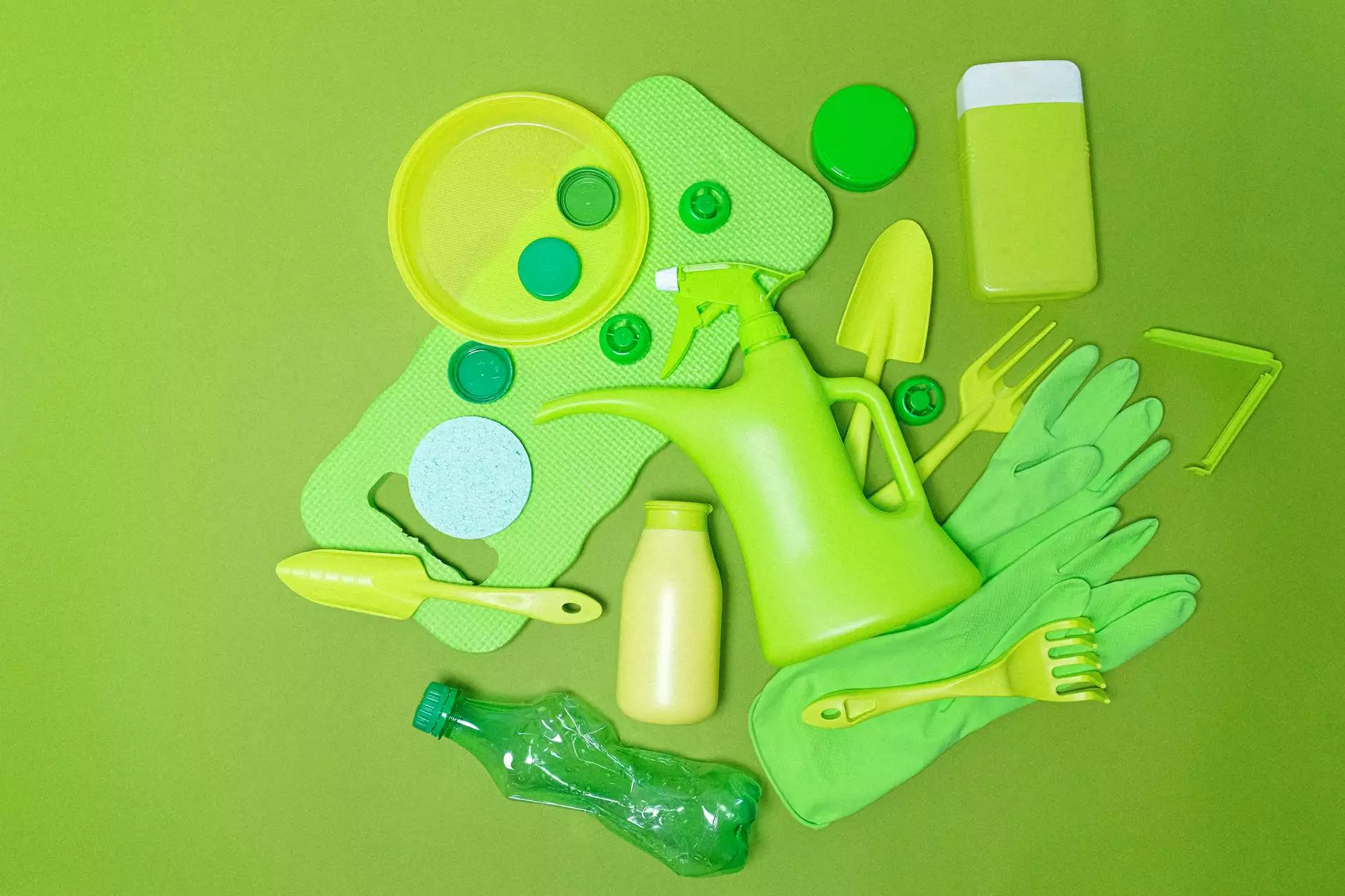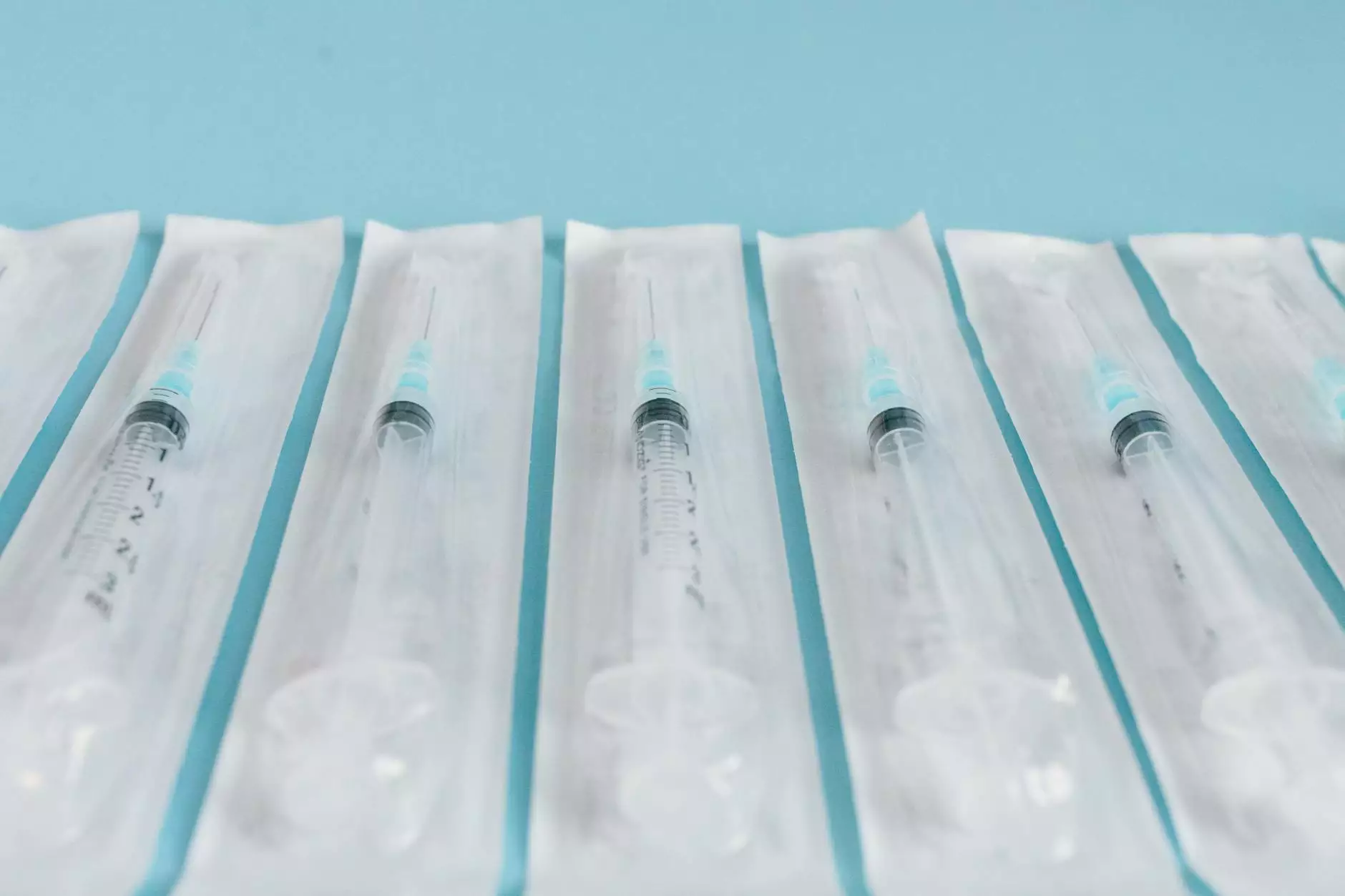What is the Difference Between Vinyl and Nitrile Gloves?
Clinical Research
Welcome to the informative page discussing the differences between vinyl and nitrile gloves. In the healthcare industry, choosing the right type of gloves is crucial for maintaining safety and preventing cross-contamination. As a trusted consulting and analytical service provider, RN Patient Advocates aims to guide you through this decision-making process and help you make an informed choice.
The Importance of Glove Selection
When it comes to protecting healthcare providers, patients, and professionals working in various industries, the significance of selecting the right gloves cannot be understated. Both vinyl and nitrile gloves serve their unique purposes, and understanding the distinguishing factors between them enables you to choose the most suitable option for your specific needs.
Understanding Vinyl Gloves
Vinyl gloves are a common choice in numerous industries due to their affordability and ease of use. Made from synthetic materials, specifically polyvinyl chloride (PVC), these gloves offer a cost-effective solution for organizations on a tight budget.
Key features of vinyl gloves include:
- Latex-free composition, reducing the risk of latex allergies.
- Soft and comfortable fit, suitable for individuals who need to wear gloves for extended periods.
- Non-conductive properties, making them ideal for tasks that require electrical insulation.
- Available in various sizes, ensuring a proper fit for different hand sizes.
However, it is important to note that vinyl gloves have certain limitations as well. They are not considered as puncture-resistant as nitrile gloves and may be prone to tears or damage during more strenuous tasks. Additionally, they may not be as suitable for high-risk environments or situations that involve exposure to hazardous substances.
Exploring Nitrile Gloves
Nitrile gloves have gained popularity over the years due to their exceptional strength, durability, and superior resistance to punctures. These gloves are manufactured from a synthetic rubber compound, providing a high level of protection against various chemicals, viruses, and bacteria.
Key features of nitrile gloves include:
- Excellent puncture resistance, making them highly reliable in environments where sharps or potentially harmful substances are present.
- Enhanced grip, ensuring optimal dexterity and preventing accidental slips or drops.
- Effective barrier against a wide range of chemicals and pathogens.
- Good resistance to tearing, providing added longevity.
While nitrile gloves offer superior protection, they are typically more expensive than vinyl gloves. However, if you require gloves for high-risk scenarios or tasks that involve potential exposure to bodily fluids or hazardous chemicals, the added cost is justified by the enhanced safety they provide.
Choosing the Right Gloves for Your Needs
Now that you understand the primary differences between vinyl and nitrile gloves, you can make an informed decision based on your specific requirements. Consider factors such as your industry, the tasks you will be performing, and the level of risk involved.
For industries that prioritize cost-efficiency and low-risk environments, vinyl gloves may be a suitable option. However, if you work in healthcare, laboratory settings, or other industries that require superior protection, nitrile gloves offer the necessary durability and resistance.
Trust RN Patient Advocates for All Your Consulting Needs
RN Patient Advocates specializes in providing consulting and analytical services to help healthcare organizations and professionals make well-informed decisions. We understand the importance of glove selection and can assist you in determining the most appropriate gloves for your specific needs.
Whether you require guidance on choosing between vinyl and nitrile gloves or seek comprehensive healthcare consulting services, RN Patient Advocates is here to support you. Contact us today to learn more about how we can assist you in optimizing your healthcare practices and enhancing patient safety.









